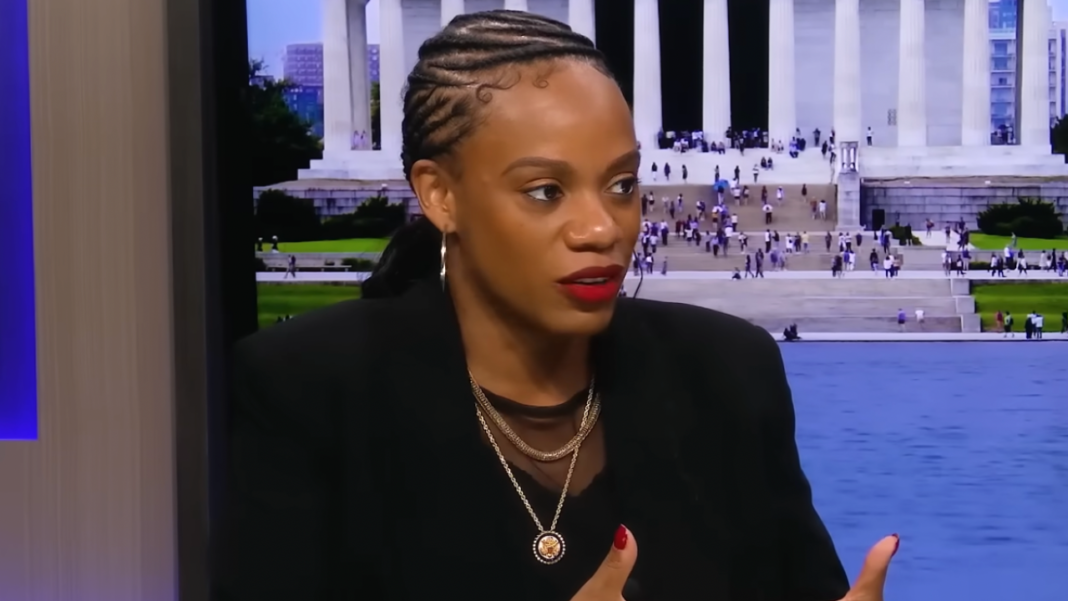Amid historic cuts to health care and critical services, alongside growing concerns of civil rights rollbacks, the Democratic Party is increasingly facing backlash from its base. Critics argue that the party is failing to rise to the occasion against the ongoing influence of President Donald Trump and the MAGA-focused Republican Party. This discourse comes at a moment when the party is grappling with how to maintain its core values and effectively respond to a rapidly changing political landscape.
The recent elections have infused a jolt of confidence among Democrats, showcasing significant victories that could indicate a potential resurgence. However, despite these wins, there’s an underlying tension regarding whether the party’s leadership is truly aligned with the evolving demands of the electorate. As the party navigates this complex terrain, it remains unclear if they can effectively unify their messaging and strategies in the face of Trump’s enduring influence.
Leadership styles within the Democratic Party showcase a stark dichotomy, particularly between moderate figures such as U.S. House of Representatives Leader Hakeem Jeffries and Senate Minority Leader Chuck Schumer, contrasted with progressive leaders like New York City-elect Zohran Mamdani. This divide raises questions about the party’s approach to leadership, governance, and advocacy in an age increasingly defined by partisan polarization.
During a recent podcast interview, U.S. Rep. Summer Lee voiced strong sentiments regarding the Democratic Party’s leadership dynamics. She articulated that the current leadership framework is insufficient for the challenges posed by today’s political environment. “We don’t have the recipe right now,” she stated, highlighting a disconnect between traditional leadership approaches and the pressing needs of constituents.
Lee elaborated that traditional views of leadership often focus on internal party mechanics—raising funds, flipping seats, or maintaining a majority. Instead, she argued that leadership in the current landscape should embody a more grassroots approach, emphasizing active participation and engagement with the electorate. “Leadership to the country right now looks like marching orders. It looks like being in the trenches,” she contended, suggesting that representatives must engage directly with the communities they serve.
Drawing historical parallels, Lee referenced George Washington’s hands-on leadership during the Revolutionary War, positing that modern leaders should similarly adopt a more visible and active role. “People are looking for that,” she asserted, urging congressional Democrats to redefine leadership beyond mere intra-party dynamics and to instead focus on serving as exemplary leaders for the nation as a whole.
Lee’s perspective resonates with a broader movement aimed at empowering grassroots advocacy and social justice organizations. She underscored the importance of recognizing that significant societal changes often arise from activism outside of formal political structures. “Every movement in history was not led by Congress,” she noted. This sentiment urges a reevaluation of how grassroots organization and community action are framed within the broader political discourse.
Ultimately, Lee believes that the true power rests within the American public rather than elected officials alone. She emphasized, “Trump doesn’t get to decide if we have a dictatorship…We do.” It’s a call to action for leadership to align more closely with the desires and struggles of everyday Americans. By fostering a more engaged and empowered electorate, the Democratic Party may find ways to effectively counter the current political landscape.
Crucially, Lee argued that the narrative around protest must be broadened. Rather than viewing voting and running for office as the sole avenues for change, she insisted that organizing and mobilizing grassroots efforts remain vital components of the political process. “It’s always been when you take to the streets,” she concluded, encapsulating a need for a proactive and participatory approach to democracy.



